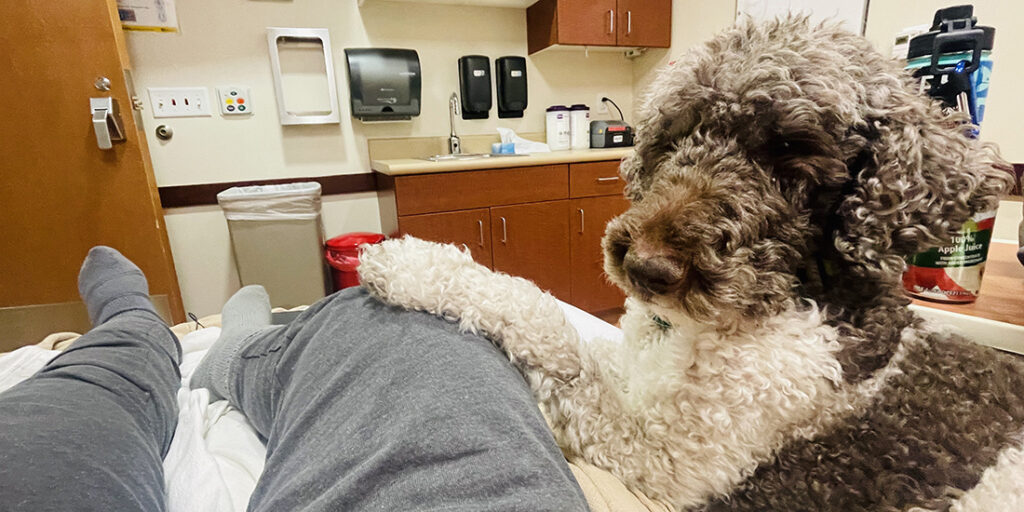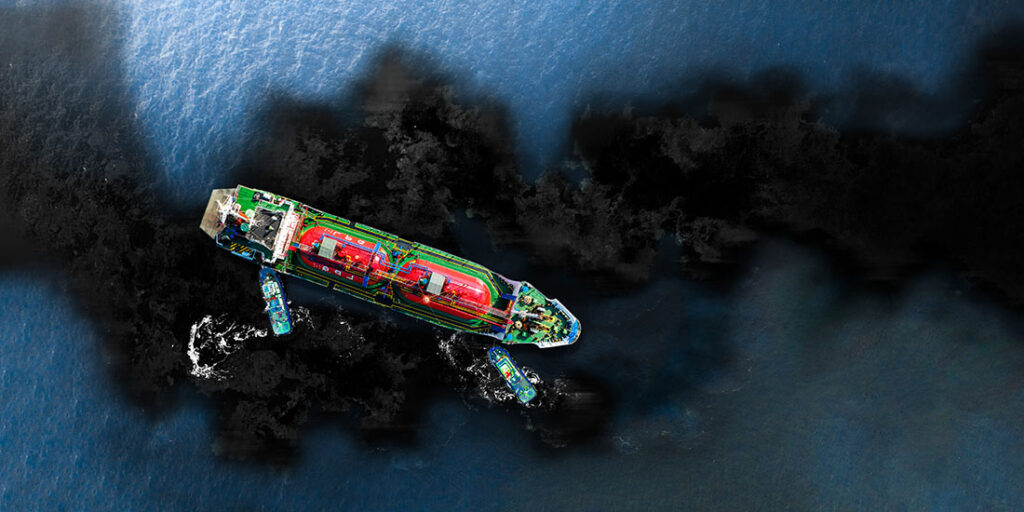PUBLIC HEALTH

Reimagining Readiness: The Future of Emergency Management in Homeland Defense
- Cody Santiago
Underdeveloped civilian emergency management integration with Department of Defense resources results in gaps in preparedness, intelligence-sharing, and response coordination. A more integrated framework can incorporate emergency management as a core pillar of homeland defense, improve intelligence-sharing, and strengthen resilience.
Most Recent

Global Health Crises: Leadership Matters
Richard Serino and Michelle Pratt
July 30, 2025
Without strong leadership, health systems are susceptible to policy missteps, financial pressures, and inadequate responses during emergencies. As crises develop and clearer data on risk and vulnerability emerge, effective leaders must act decisively and foster cross-sector collaboration. Crisis leadership can be a catalyst for global resilience.

Not Optional: The Public Health Consequences of Dismantling Emergency Infrastructure
Andrew D. Pickett and Raphael M. Barishansky
July 30, 2025
During the COVID-19 crisis, decades of investment in healthcare emergency infrastructure—funded through two key federal programs—allowed emergency operations centers to mobilize rapidly, hospital coalitions to coordinate care, and surveillance systems to monitor community spread. However, 2025 federal proposals threaten to dismantle this funding, significantly undermining the nation’s ability to respond

Wildfires: The Growing Public Health Threat
Robert LaMacchia
July 23, 2025
Protecting people from wildfire smoke is a necessary extension of environmental resilience and public health strategy. Public health systems must adapt to effects from respiratory issues and other vulnerable populations as a measure of preparedness.

A Seven-Phase Framework for Organizational Resilience
Michelle Colosimo
July 16, 2025
Organizations cannot always dictate the course of a crisis—whether an incident, active threat, or natural disaster—but they can shape their own readiness and response. This seven-phase framework equips leaders to protect their teams, stay mission-focused, and rebound with resilience.
PUBLIC HEALTH Archives
A Seven-Phase Framework for Organizational Resilience
Michelle Colosimo
July 16, 2025
Organizations cannot always dictate the course of a crisis—whether an incident, active threat, or natural disaster—but they can shape their own readiness and response. This
Communication and Decision-Making During COVID: Lessons From Virginia
Erin Sutton
July 16, 2025
Traditional hierarchical structures present challenges when crises span jurisdictions, agencies, and organizations. Lessons learned from Virginia’s COVID-19 response revealed a different path forward—one that prioritized
Integrating Research Labs Into Emergency Response
Joshua Dise and Anthony Falzarano
July 9, 2025
In today’s complex threat environment, the ability to move from pathogen detection to action depends on infrastructure and intentional integration between laboratory science and first
Mitigating Emerging and Re-Emerging Public Health Threats
Raphael M. Barishansky
July 9, 2025
Preparedness is not a luxury—it is essential for global health security. Emerging diseases, antimicrobial resistance, and re-emerging threats like measles and polio demand coordinated, sustained
Law Enforcement Collaboration Within Multidisciplinary Teams
Richard Schoeberl and Anthony (Tony) Mottola
June 25, 2025
Multidisciplinary teams are inherently collaborative and benefit intricate police cases and vulnerable populations. Adopting the expertise of professionals in medicine, social work, forensics, and more,
Managing Animal Loss: Emergency Carcass Operations
Joshua Dise and Marshal Wilson
June 11, 2025
Carcass management is rarely top of mind for emergency managers, but during mass animal deaths, it tests preparedness, coordination, and public trust. Including it in
Follow Us
Get Instant Access
Subscribe today to Domestic Preparedness and get real-world insights for safer communities.
PUBLIC HEALTH
Most Recent

A Proven Path: Scouts and the Operational Value of Prepared Youth
Ethan Beaty
June 4, 2025
Scouts have been trained to stay calm under pressure, take meaningful action in moments of uncertainty, and support others in

Understanding Service Dogs: What First Responders Need to Know
Susan Cohen
June 4, 2025
Service dogs do far more than guide or retrieve—they are medical equipment, trained to monitor, alert, and even intervene during

Caring for the Affected at Family Assistance Centers
Jennifer Stansberry Miller
May 28, 2025
In moments of crisis, a well-executed family assistance center can offer clarity, connection, and compassion that victims’ families and survivors

Psychosocial Hazards: Preventing Human-Caused Disasters
I. David Daniels
May 28, 2025
Some of the greatest human-caused disasters in modern history can be attributed to unaddressed psychosocial hazards. Flawed safety cultures contribute
PUBLIC HEALTH Archives
Disaster Stress Management in an Emergency Operations Center
Mary Schoenfeldt
May 7, 2025
Disasters affect responders and community members, but they also bring trauma to those working inside emergency operations centers. Distance from the scene does not create
A Holistic Strategy for Responders’ Well-Being
Camilo Olivieri
May 7, 2025
First responders and emergency managers face constant, high-pressure stress from trauma, long hours, and critical decisions. This often leads to chronic stress, increasing risks of
Agroterrorism: A Persistent but Overlooked Threat
Dan Scherr and Tanya M. Scherr
March 19, 2025
Agroterrorism is not new. Considered a subset of bioterrorism, it has become an increasing concern to the U.S. With so much of the agriculture sector
Beyond the Showcase: Strengthening Biosecurity at Livestock Exhibitions
Joshua Dise
March 5, 2025
Hazards and risks associated with state and local fairs mirror those of other high-attendance events—medical emergencies, mass casualty incidents, and other public safety risks. However,
Elevating Healthcare Emergency Preparedness Exercises with Realistic Patient Simulation
Kathryn Romanchuk and Ben Kobliner
February 19, 2025
Overlooked until disaster strikes, many emergency management departments struggle with personnel and budgetary constraints, yet the demand placed on these departments continues to increase. Nevertheless,
Imagining the U.S. Without Power: A Dual-World EMP Exercise
Charles (Chuck) L. Manto, K. Luke Reiner and Dave Hunt
February 12, 2025
A dual-world tabletop exercise simulating an electromagnetic pulse event in Chicopee, Massachusetts, revealed startling discrepancies in outcomes between the city’s current preparedness and a moderate-preparedness
Follow Us
Get Instant Access
Subscribe today to Domestic Preparedness and get real-world insights for safer communities.

